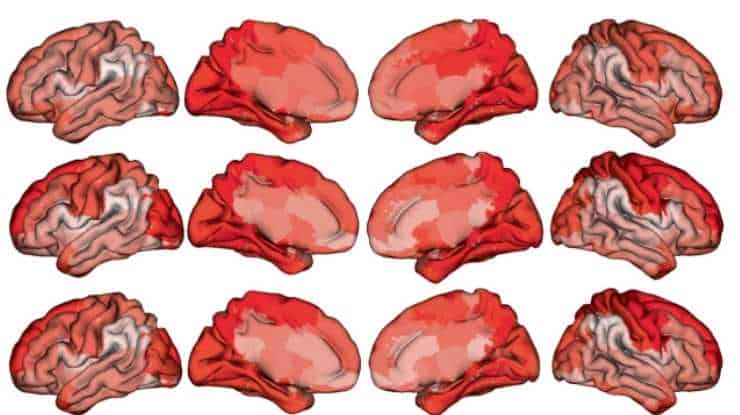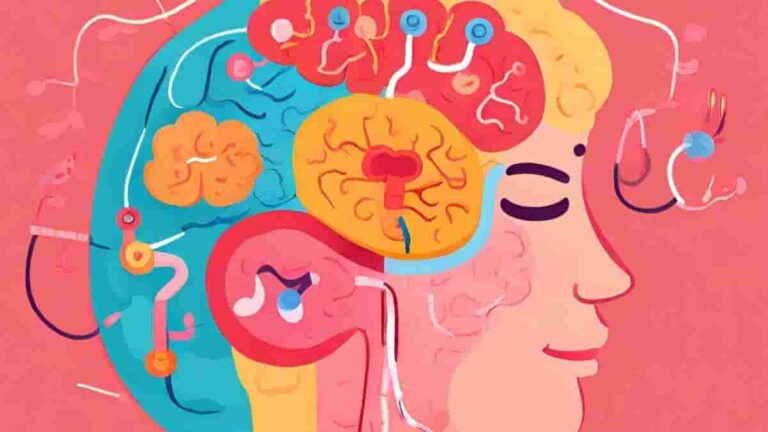A new study by Yale researchers provides insight into how the developing brains of infants function and alter over time, as well as how preterm delivery can interfere with these processes. The results, according to the researchers, may help identify therapies for neurodevelopmental disorders that involve abnormal developmental trajectories. The purpose of the study was…
During Menstrual Cycle, Memory and Perception Brain Regions Get Rewired
Sex hormones cause changes in central learning and memory hubs, a new study has found. Rachel Zsido and Julia Sacher of the Max Planck Institute for Human Cognitive and Brain Sciences and the University Clinic in Leipzig, Germany, published the study that links rhythmic oscillations in ovarian hormone levels in women during the menstrual cycle…
Function of Dreams Can Vary Between Cultures
Why do we have dreams? Dreaming is a complicated experience that can take on numerous emotional tones and simulate reality to varying degrees. It is a consequence of our brain’s neurophysiology. As a result, there is no definitive solution to this question. A study led by the universities of Geneva (UNIGE) and Toronto, as well…
While Sleeping We Can React to Verbal Stimuli
We are not entirely isolated from our surroundings while we sleep; in fact, we retain the ability to hear and comprehend words, research from the Sleep Pathology Department at Pitié-Salpêtrière University Hospital in Paris and the Paris Brain Institute indicates. The findings challenge the fundamental definition of sleep and the clinical criteria that differentiate its…
When Does Consciousness First Begin?
An international research team comprising scholars from Trinity College Dublin, Australia, Germany, and the United States has identified evidence suggesting that conscious experience may be present from the moment of birth and possibly as early as late pregnancy. Significant ethical, legal, and clinical ramifications result from the findings. Within the study, the researchers posit that…
Atlas of Human Brain Cells Unveilled
As part of a larger collaboration with research teams from around the world, Salk Institute researchers analyzed more than 500,000 brain cells from three human brains to create an atlas of hundreds of cell types that make up a human brain in unprecedented detail. The study, published in a special issue of the journal Science,…
Changes in Autism Trait Severity Have Varied Mental Health Effects
Researchers from UC Davis Health cast new light on the correlation between autism traits and middle childhood mental health through a long-term study. The research paper establishes a correlation between alterations in fundamental autism traits and the occurrence of comorbid mental health issues among elementary school-aged children. “Our findings suggest that different aspects of a…
Trauma Memories can Reconfigure Brain Networks
Scientists have long wondered about the physical changes in the brain that occur when a new memory is formed. The National Institute for Physiological Sciences (NIPS) has now thrown light on this enthralling neurological conundrum. The research team was successful in detecting the brain neuronal networks involved in trauma memory by combining optical and machine-learning-based…
Mood vs Affect: Understanding the Key Differences in Psychology
Mood and affect are related but distinct psychological constructs. While mood refers to a pervasive emotional state that can last for an extended period of time, affect encompasses both emotions and moods and lies at the foundation of our emotional experiences. Both mood and affect significantly shape our thoughts, behaviours, and overall psychological well-being. The…








